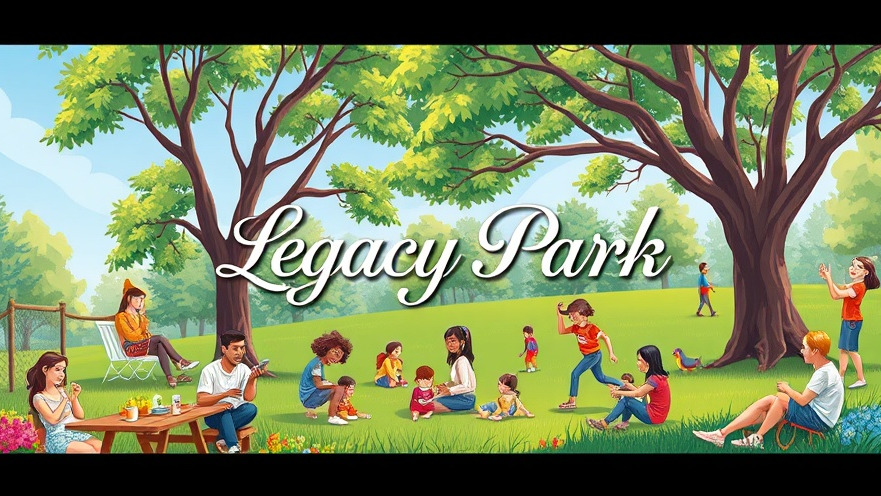
Celebrating Resilience and Innovation in Black History
This week, as we delve into Black history from May 7 to May 14, we unveil a tapestry woven from stories of struggle, innovation, and perseverance that have shaped America. Honoring contributions from prominent figures and significant events underscores the resilience of African Americans in the face of systemic challenges.
The Legacy of Jean Baptiste Pointe Du Sable
On May 7, 1800, Jean Baptiste Pointe Du Sable, often recognized as the founder of Chicago, marked a turning point by selling his property and leaving a settlement that would grow into one of America's largest cities. Born in Haiti, Du Sable's life was characterized by the acquisition and loss of wealth, mirroring the stories of many African Americans whose lives were shaped by the harsh realities of colonization and racial injustice. His legacy is essential as it offers a glimpse into the entrepreneurial spirit that is part of African American history.
Innovations in Safety with Joseph R. Winters
Another significant milestone occurred on May 8, 1878, when inventor Joseph R. Winters patented the fire escape ladder. Winters' creation not only showcased Black ingenuity but also served a crucial safety purpose during a time when industrial accidents were rampant. His invention remains a valuable part of building safety protocols today, reminding us that innovation often arises from a necessity to overcome adversity.
Voting Rights and Systemic Challenges
A sobering reflection of the past comes from the report released on May 7, 2010, by the NAACP Legal Defense and Education Fund, highlighting the challenges of felony disenfranchisement laws that prevent millions of Americans from voting. The fact that 5.3 million people were unable to exercise their fundamental right due to past convictions—disproportionately affecting Black men—underscores the enduring legacy of racial inequality in the United States. This trend traces back to laws enacted post-Civil War aimed at suppressing Black political power.
The Arts — A Voice for Change
On May 8, 1858, William Wells Brown published "The Escape," the first play by an African-American writer. This milestone not only paved the way for future Black playwrights but also played a vital role in articulating the Black narrative at a time when voices were marginalized. Theatre has since proven a powerful medium for social change and discussion, continuing to resonate across generations.
The Brotherhood of Sleeping Car Porters
Founded on May 8, 1925, the Brotherhood of Sleeping Car Porters emerged as a pivotal organization in the struggle for workers' rights and civil rights. Under the leadership of A. Phillip Randolph, this union became a significant force by connecting African Americans across the nation, sharing information and fostering a collective consciousness. The porters were not only critical in labor movements but also helped circulate important ideas and narratives within the Black community.
Tributes to Influential Figures
The death of the esteemed actor Canada Lee on May 9, 1952, marked a significant loss for Black representation in Hollywood. Lee's powerful performances challenged stereotypes, yet his career was abruptly affected by the political climate of the McCarthy era—with many artists facing scrutiny for their activism. Acknowledging figures like Lee fosters a deeper understanding of the obstacles faced by Black artists in their pursuit of equity in the arts.
The Political Trailblazers
On May 10, 1837, P.B.S. Pinchback was born to change the political landscape in Louisiana dramatically. Becoming a prominent figure during the Reconstruction era, he served as governor for a brief period and was instrumental in establishing Southern University and advocating for Black rights through his roles in government. His story reflects the potential of African Americans to shape policy and influence governance, particularly during transformative periods in U.S. history.
South Africa's Nelson Mandela
Finally, on May 10, 1994, Nelson Mandela made history by becoming South Africa’s first Black president after years of fighting apartheid. His leadership and unwavering commitment to racial reconciliation serve as a template for navigating systemic oppression. Mandela’s presidency saw efforts to dismantle institutionalized racism and foster peace, making him an enduring symbol of justice and human rights worldwide.
Reflections on Progress and Advocacy
As we reflect on these key dates in Black history, it becomes increasingly important to advocate for equity and inclusiveness in today's society. Recognizing the powerful narratives of the past allows us to appreciate the progress while motivating us to continue addressing the systemic challenges that still exist for the Black community. The stories of these remarkable individuals illustrate the importance of claim-making and resilience, reminding us that history not only informs our present but also guides our future actions.
Join the Conversation
To truly honor this legacy, we must engage in conversations about the progression of civil rights, support Black-owned businesses, and challenge voting restrictions that disproportionately affect underrepresented communities. The stories from this week are reminders of the potential for change born from struggle, and it's up to us to carry that torch forward.
 Add Row
Add Row  Add
Add 




Write A Comment